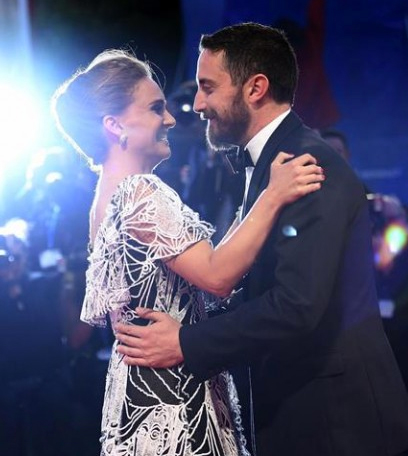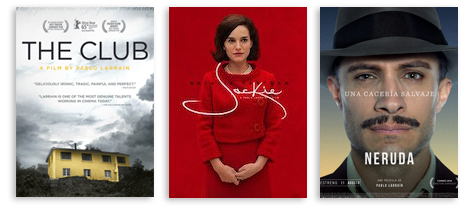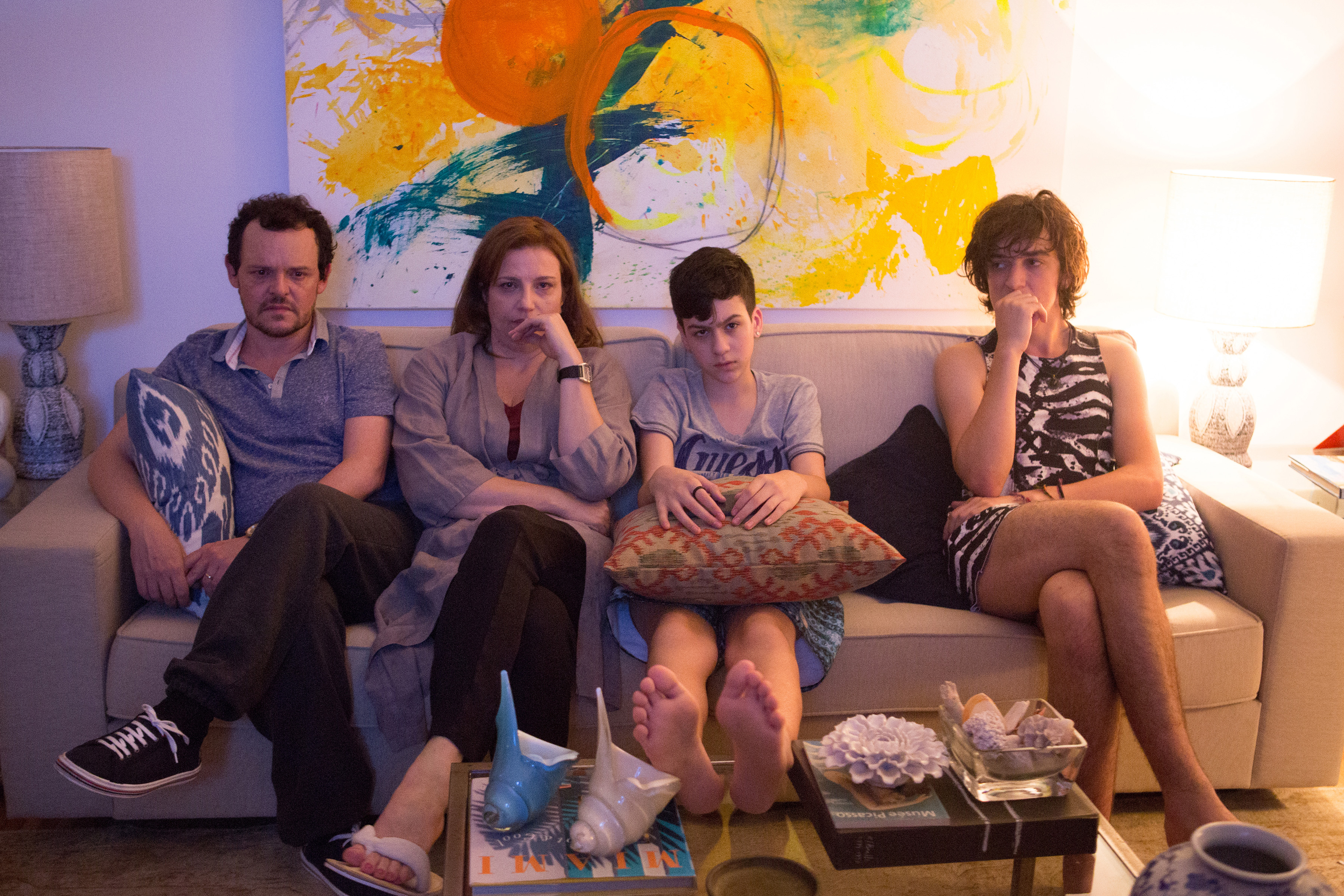Have you heard of the Platino Awards?
 Friday, March 17, 2017 at 2:00PM
Friday, March 17, 2017 at 2:00PM  Though The Film Experience likes to track key foreign awards (examples include the Césars, Goyas, and the Golden Horse, in addition to the massive Oscars circus, those groups proliferate just like American precursors do. I've lost track of how many awards that Asian cinema, for example, has. But how about South America? The Platino awards are relatively new. They're now in their fourth year honoring films from the Ibero-America region, which is to say primarily Spanish and Portuguese speaking countries, i.e. former territories of Spain and Portugal, plus those countries for good measure.
Though The Film Experience likes to track key foreign awards (examples include the Césars, Goyas, and the Golden Horse, in addition to the massive Oscars circus, those groups proliferate just like American precursors do. I've lost track of how many awards that Asian cinema, for example, has. But how about South America? The Platino awards are relatively new. They're now in their fourth year honoring films from the Ibero-America region, which is to say primarily Spanish and Portuguese speaking countries, i.e. former territories of Spain and Portugal, plus those countries for good measure.
Here's why we should start paying attention to them: in their short existence they've given Best Film to a truly outstanding picture every single time: Chile's Gloria (2014) an amazing study of a divorcee rebuilding her romantic life with an Oscar worthy performance by Paulina García (we nominated her here); Argentina's rowdy, funny, Oscar nominated and deeply pleasurable anthology Wild Tales (2015); and Colombia's mystical wonder Embrace of the Serpent (2015) which you already know we're wild about.
 Penelope Cruz is one of 37 women vying for a Best Actress nomination (for her new film Queen of Spain)
Penelope Cruz is one of 37 women vying for a Best Actress nomination (for her new film Queen of Spain)
We don't have the nominee list yet as the ceremony isn't until July. Like the Oscars, they only allow a certain number of contenders from each country (2 or 3 in their case as opposed to Oscar's 1 film per country rule) but their long list includes a lot of Oscar submissions from the past season. Some highlights include Chile's playful fictionalized biopic Neruda, Brazil's critical sensation Aquarius, Almodovar's Julieta, the fantasy A Monster Calls, Paraguay’s father daughter road trip movie called Guaraní, and at least three LGBT titles: Chile's Rara which is an LGBT family drama, the Venezuelan Oscar submission From Afar, and the Cuban political drama Santa & Andres. You can see the complete longlist for Best Film here which will be narrowed down to 5 nominees soon. There are 37 women vying for the Best Actress nomination but we'd be shocked if both Emma Suarez from Julieta and Sonia Braga from Aquarius didn't make it.







